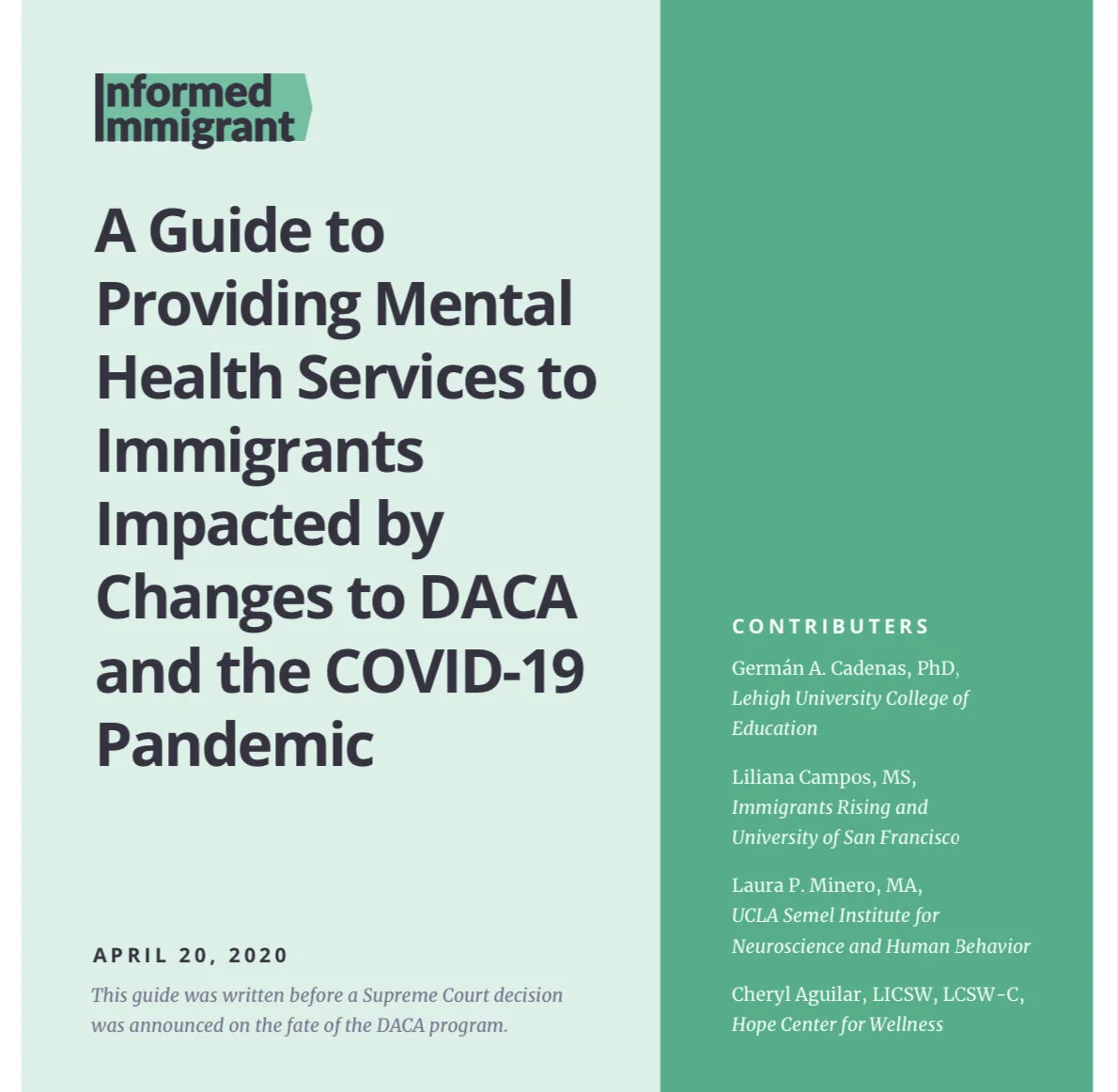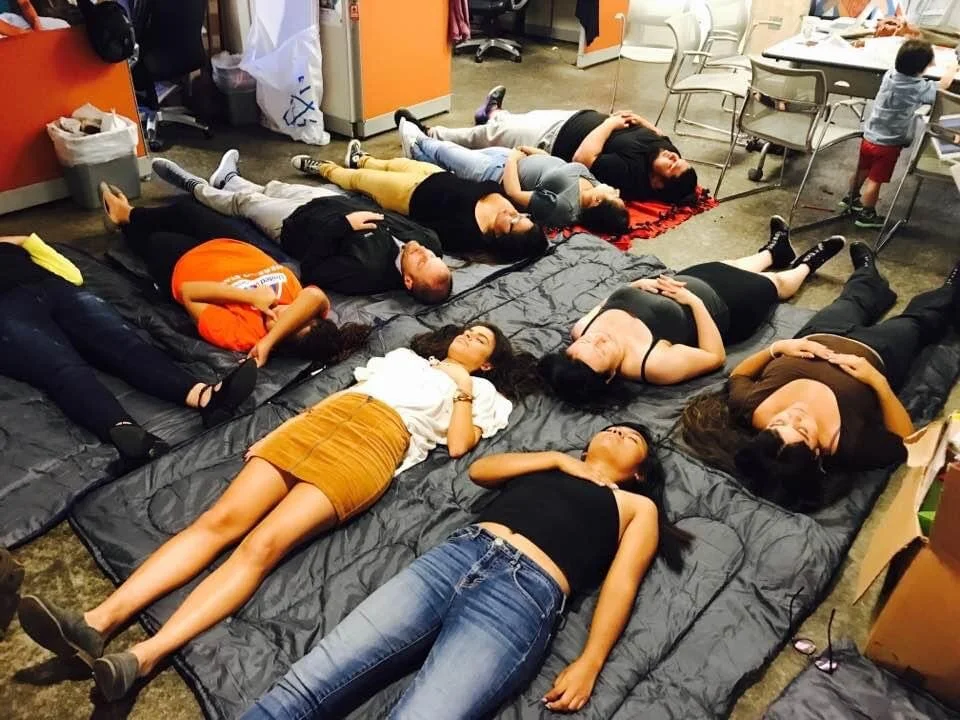
Dr. Minero partners with her consultees to come up with healing and liberation-based solutions that address systemic oppression (e.g., racism, heterosexism, cissexism), interpersonal trauma and historical colonization and its subsequent harm. Dr. Minero has partnered with national immigrant and social justice based organizations to create resources and mental health toolkits and resources for providers. She has also partnered with conference organizers to ensure their conference are culturally responsive and LGBTQ2-S+ affirming. Dr. Minero has also partnered with higher education institutions to process interpersonal trauma and systemic discrimination experienced by undocumented students and guided them in the cultivating relationships and care centered in anti-racism, decolonization, and liberation. Contact her to learn how she can offer support, create resources, and make a sustainable and lasting impact for you and your organization/institution. Scroll below to learn about current and past consultation projects.
Ongoing and Past Projects
-

UC Santa Cruz Undocumented Student Support Initiative
This team-based consultation engages UCSC students, faculty, staff, alumni and other partners to provide consultative support to UCSC community members to develop programs, policies, and implement strategies aimed at strengthening the structures that support undocumented students in their academic and personal pursuits at UCSC.
-
United We Dream/National Latinx Psychological Association Collaboration
Dr. Minero created this guided relaxation meditation on October 25,2017 as part of the NLPA/United We Dream collaboration to support mental health and wellbeing in our undocumented community.
-

Informed Immigrant: Mental Health Providers Guide to Working with DACA Recipients
This guide was written by Dr. Minero and her colleagues, including mental health providers and scholars who identify as immigrants, who are current DACA recipients or formerly undocumented, and who have experience working with DACA recipients through clinical work, community organizing, and academic research. It provides mental health providers who wish to work with DACA recipients, or who are currently providing services to them, with introductory content to develop competencies to work with this community.
